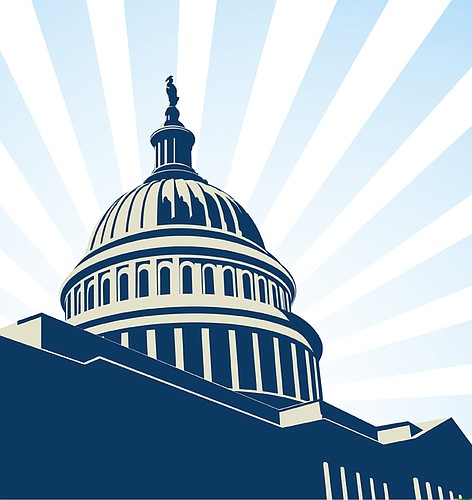- November 24, 2024
-
-
Loading

Loading

Gambling plans multiply as battle heats up
The fight over legalizing gambling in Florida on a scale that could one day rival Las Vegas is moving into high gear.
After failing to get their proposal out of a House committee in February, gambling interests are preparing new deals while anti-gambling forces are also mounting their campaign.
Las Vegas-based Boyd Gaming Corp., which runs casinos across the nation, announced in its earnings statement that it has a deal with Sunrise Sports Entertainment, the operators of the BankAtlantic Center, to possibly develop a casino next to where the NHL's Florida Panthers play in Broward County. The agreement involves 90 acres of undeveloped land.
The BankAtlantic Center is the largest indoor arena in Florida, hosting more than 200 events annually. Plus, it is located next to Sawgrass Mills, the sixth-largest shopping mall in the country. It's been considered a prime spot for a major casino venue.
The Malaysia-based Genting Group, which was the primary proponent of expanded casinos last session, has given $600,000 to New Jobs and Revenue for Florida, a political action committee pushing a 2014 statewide referendum on the issue. Genting also has spent $500 million compiling land in downtown Miami for a $3.8 billion casino operation if non-Seminole casinos are legalized in Florida.
This comes after news that the Florida Seminole Indian Tribe may get an early jump on renewing its gambling pact with the state. The pact gives it exclusive rights to the most lucrative table games that the big Vegas-style casinos need. Legislative leaders want to extend the pact well beyond 2015 — a move that would block expanding gambling in South Florida, Tampa or elsewhere.
Meanwhile, No Casinos Inc. isn't waiting for Genting, Sands, Boyd or any other big players pushing casinos in Florida to get momentum. The anti-gambling group has already put ads out in South Florida that say Vegas is tops in the country in unemployment, violent crimes, car theft, divorce, robberies and foreclosures and ends by saying, “what happens in Vegas should stay in Vegas” — a play on the popular Vegas ad.
No Casinos Inc. is also attempting to bring attention to Genting's extended involvement in Miami-Dade legislative races.
According to the Las Vegas Review-Journal, the intense interest in South Florida as a casino destination has lured every major Nevada-based casino company to Florida to look at the possibilities. It is estimated that just the South Florida market could surpass the Vegas strip in annual revenues with $6 billion.
A big part of the push for Miami-Dade and Broward counties is not just the 6 million people who live in the three-county area or American vacationers, but the tourists that are attracted from Latin America. Tapping that market on a major scale would be hugely lucrative for the gambling companies and not a prospect on which they are expected to easily give up.
But the problems facing the gambling interests are two-fold. First, there is significant moral opposition to it in the state — including from those who believe Florida has always aimed at the family-oriented tourist. Casinos appear to be the antithesis of that and the fear is they could undermine the state's reputation as a family destination.
Second, February's defeat also revealed an array of powerful Florida financial interests opposed to plans for casinos. Those included Disney Corp., and the Seminole Indian Tribe, which already operates seven casinos in the state in an exclusive pact and opposes the competition.
Environmental regulations on hold until after elections
The pending election has created a reprieve for businesses looking to deal with the federal Environmental Protection Agency's strict water runoff rules for Florida.
The rules, which were only aimed at Florida when enacted by the EPA three years ago, made environmental organizations happy but businesses and municipalities terrified. Some put the costs of implementation in the billions and feared a detrimental impact on the state's economy.
But implementation of the rules has been delayed until January -- after the presidential elections — and environmentalists are upset. But they are fighting political realities.
“Issuing more regulations now would not help dispel the perception that President Obama's administration is 'anti-business,'” John Graham, former head of the Office of Information and Regulatory Affairs for the White House under George W. Bush, told the Associated Press.
Graham also pointed out that there are many other regulations that are waiting until after the November election for implementation.
But not everyone is willing to wait. The Florida Audubon Society filed legal petitions July 27 to force the South Florida Water Management District to enforce strict legal regulations on phosphorous levels in the Everglades. That will go before an administrative judge.